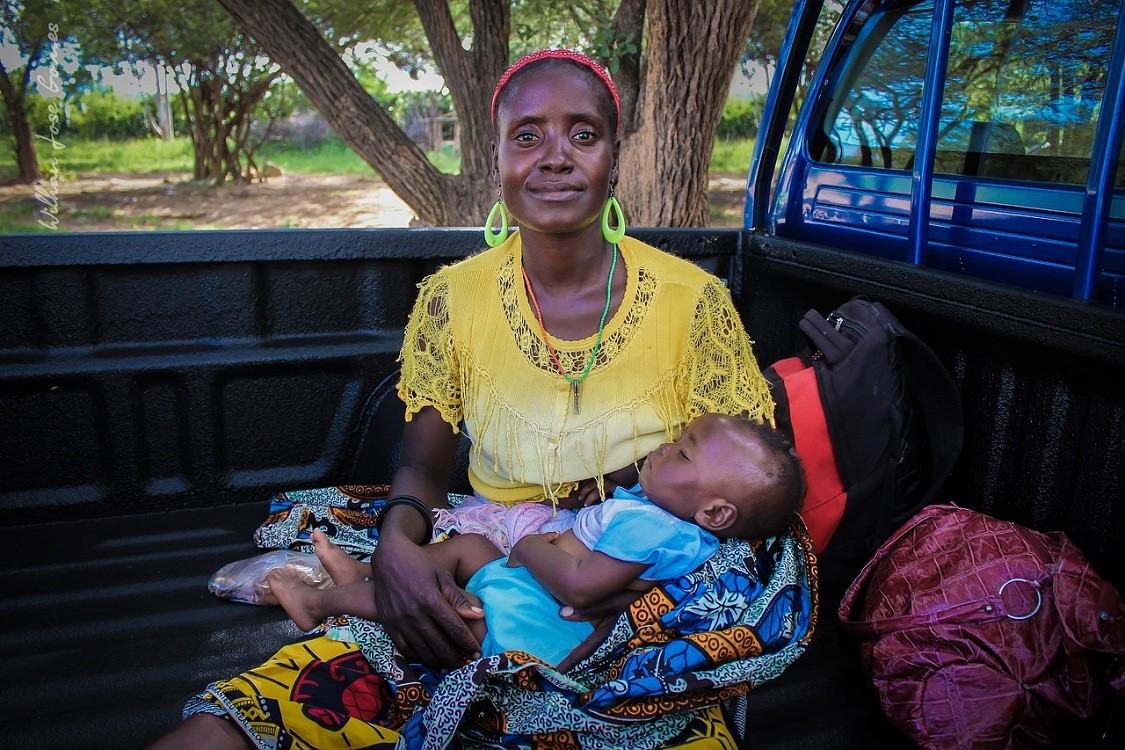COVID-19 reduced the number of Swiss Francs exiting country. Less money being sent back home to families
Large numbers of migrants living and working abroad send part of their wages to their families back home on a regular basis. Because of the current COVID-19 pandemic, low-income countries have seen a dramatic fall in these remittances from abroad.
Switzerland has therefore been working closely with the United Kingdom to call on the international community to keep remittance channels open and give the poorest communities continued access to these vital sources of income. The joint appeal, which is being launched today, also demonstrates the close ties between Switzerland and the UK, according to Federal Councillor Ignazio Cassis.
In low and middle-income countries, the livelihoods of many families of migrant workers depend on remittances. In a number of countries, remittances now account for or even exceed 25% of GDP. After a record high of USD 550 billion in remittances in 2019, the economic impact of the current COVID-19 pandemic threatens to cause a sharp decline in this amount.

The World Bank predicts that in 2020 remittances to low and middle-income countries will drop by about 20%, which amounts to around USD 110 billion. Without remittances from migrant workers and the diaspora, a large number of families are no longer able to afford essential goods and services such as food, housing, education and healthcare. As a result, migration pressures may also increase.
The Swiss-UK appeal
Switzerland is launching a global appeal today to keep remittances flowing during the current crisis. The international call to action is being launched together with the UK and with the support of multilateral development organisations (UN Capital Development Fund, World Bank, International Organization for Migration and UN Development Programme) and private financial actors.
The appeal aims to ensure the unhindered flow of remittances worldwide during the COVID-19 pandemic in order to allow the families of migrant workers to continue to receive this vital income and avoid falling into poverty.
Lockdown restrictions and the closure of foreign exchange and cash transfer agencies also make it difficult, if not impossible, for migrant workers to send money home. Many agents currently lack the liquidity to continue operating.

The appeal aims to provide migrant workers with additional options, including digital technologies and digital channels, to enable them to continue to send money home. It also calls on policymakers, regulators and service providers worldwide to make it easier to transfer money abroad. Finally, it plans to use information campaigns to raise migrants’ awareness of new ways of sending money home, including digital transfer options.
“Remittances are important, but difficult because of COVID-19. So let’s make sure those barriers are removed worldwide! New technologies can help us here,” said Mr Cassis. Several countries have already joined the call for action, including Egypt, Ecuador, El Salvador, Jamaica, Mexico, Nigeria and Pakistan.
Swiss expertise and close cooperation with the UK
Thanks to its long-standing work in the field of migration and development as well as its expertise in the financial sector, Switzerland is focusing on services that enable people to send remittances using new technologies, such as by mobile phone.
The joint appeal highlights the close ties between Switzerland and the UK and demonstrates the strong working relationship between the two countries. Switzerland has been working closely with the UK authorities in view of the country’s withdrawal from the EU (Brexit) under the Federal Council’s Mind the Gap strategy, which aims to maintain the current mutual rights and obligations between the two countries as far as possible.
This has enabled Switzerland and the UK to conclude a number of new agreements on trade, migration, road and air transport, and insurance, which will come into effect at the end of the transition period between the UK and the EU. The strategy also includes the possibility of extending cooperation between the two countries beyond the current framework on areas of common interest.
Also, Worth Reading
Italy Will Resume Public Mass On May 18









